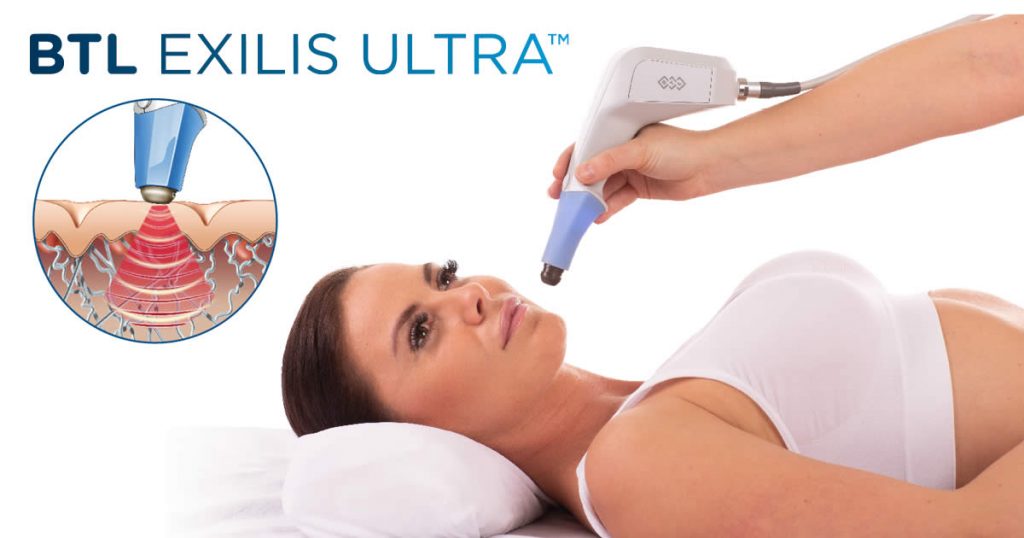Best Skincare Ingredients For Anti-Ageing

Estimated reading time 5 minutes
What Is The Best Skincare Ingredients For Anti-Ageing
The key to eternal youth is healthy skin. Our no nonsense guide to the best skincare ingredients you should make sure is in your daily routine.
In the world of skincare, trendy new anti-aging ingredients come and go at a rapid-fire pace. We’ve seen everything from breast milk to snail mucus touted as the latest and greatest wrinkle fighters. Seriously. To help you navigate the skincare space, we asked dermatologists to weigh in on the essential anti-aging ingredients. Its all too easy to fall prey to beauty companies marketing and packaging that insists their products will totally transform our lives – but in reality they don’t often do a fat lot.
Top 10 Anti-Ageing Ingredients
Just because your skin feels soft or moisturised, doesn’t mean its getting all the nutrition it needs to stay healthy. There are a number of key ingredients we should be using from the age of 30 onwards. Plus you’re never too young or old to start with a good skincare routine. So, what ingredients do we actually need to for healthy skin and to slow the ageing process?
Broad-Spectrum Sunscreen
We know, this technically is a product and not an ingredient, however it is a very important part of anti-ageing. You should always use an broad spectrum SPF. Preferably factor 30 or above. This helps protect your skin from the UVA and UVB rays that damage the skin, cause skin cancer and accelerate ageing. You can find both mineral and chemical broad-spectrum sunscreens. Mineral options are less likely to irritate sensitive skin, however it down to clients personal choice.
Ceramides
Ceramides are lipids that keep this barrier strong and healthy, sealing moisture into the skin. In terms of anti-aging, the more hydrated your skin is, the more youthful it will look. Ceramides are great for helping keep irritants out and are also a good ingredient to seek out if you’re prone to eczema. Ceramides have basically no drawbacks, mean they can be an effective ingredient for any skin type.
Collagen
Collagen is one of the most important proteins in your skin, the foundation for keeping it strong and firm, like the box spring underneath a mattress. The problem is that our natural collagen production slows down as we age. You may have seen that there have been many collagen various, such as pills and powders. However, it is difficult for oral collagen to make it to the level in the skin where it would make a difference, but if you want to try it, go for it, since it really can’t hurt.
Retinol
Comes from Vitamin A and is known to help resurface the skin and promote a healthy turnover of skin cells. It is also proven to increase collagen, reduce lines and wrinkles as well as fading dark spots and reducing pore size.
Hyaluronic Acid
Hyaluronic acid acts like a sponge, drawing water to and then trapping it in the skin. This means that it not only moisturises but can also help plump up your skin and fill in fine lines since it can hold up to a thousand times its own weight in water. Another great product to introduce to your bedtime routine is Hyaluronic acid.
Alpha Hydroxy Acids (AHAs)
Products that contain alpha hydroxy acids (AHAs) such as Glycolic, Lactic or Salicylic acids act as exfoliators. These products can help prevent the build up of dead skin cells, unblock pores and brighten your skin tone. AHAs boosts levels of both collagen and elastin in the skin, so it can help ward off wrinkles. They have also been shown to increase the natural moisturising factors in the skin. Just keep in mind that it will make your skin more sensitive to the sun, so you want to be extra diligent and on top of your sunscreen.
[splitcta]
Vitamin C
Vitamin C is a powerful antioxidant which is needed to help repel oxidative stress that breaks down collagen. It comes with anti-inflammatory properties too and even reduces pigmentation within the skin. It can also help brighten the skin and reduce pigmentation as well as helping to reduce the appearance of fine lines and wrinkles.
Jojoba Oil
Derived from a nut-like pod of a plant, jojoba oil is biomimetic, meaning it acts like the oil naturally found in skin. It’s non-comedogenic, so it won’t clog pores, is moisturising, and also soothing to dry, irritated, skin. Jojoba oil contains vitamin E as well, which means it may have some antioxidant properties, Carqueville adds, and is anti-inflammatory, too.
Niacinimide
If you are dealing with any kind of redness or irritation, or a condition such as rosacea, niacinimide is a good pick. It is a form of vitamin B3, niacinamide helps calm inflamed skin. It also has the added benefit of helping to brighten skin and target unwanted pigmentation.
Peptides
These tiny proteins and active molecules send messages to the skin to increase collagen production. Using face cream that contains peptides triggers the production of collagen to help minimise wrinkles, whilst plumping and smoothing the skin.
Aesthetic Treatments
Looking to turn back the years with the latest aesthetic treatments? All our treatments are non-surgical, non-invasive with no downtime. Our 4D HIFU treatments can help to tighten the face, neck and chin area, click here to learn more.


